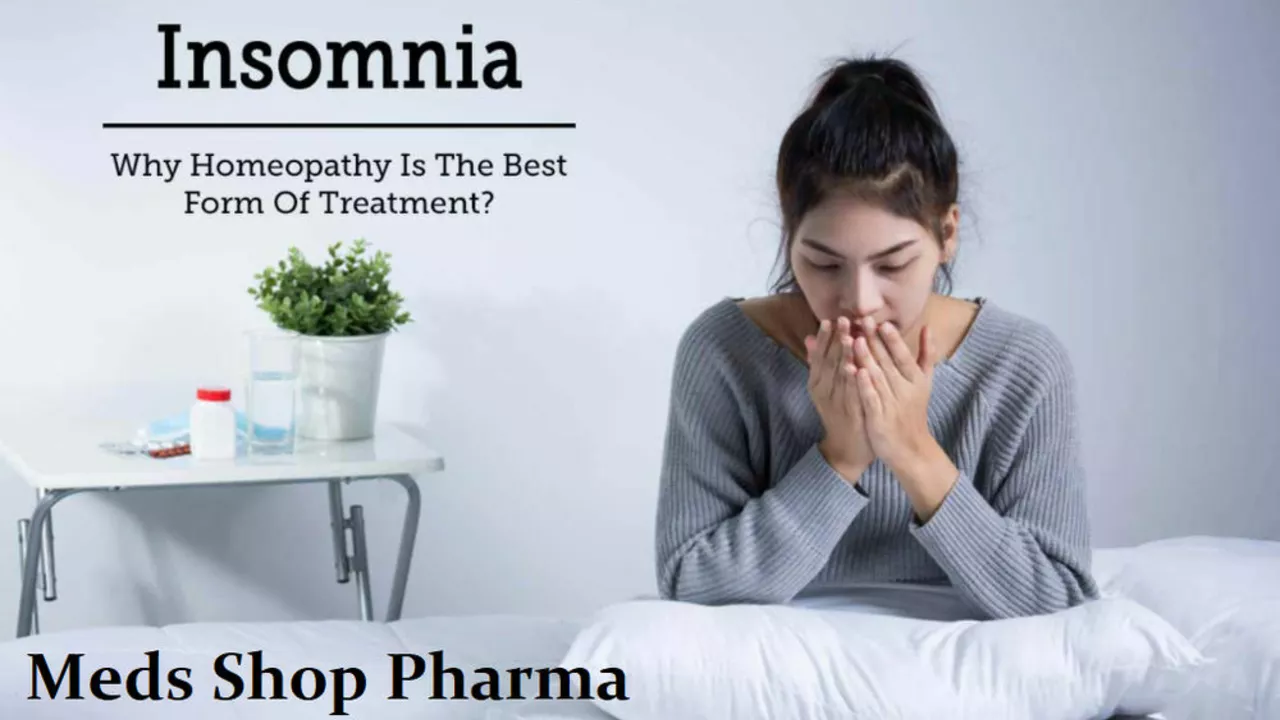Coping Strategies: Simple, Practical Ways to Feel Better Every Day
When health problems pile up — pain, side effects from meds, sleep loss, or stress — it’s easy to feel overwhelmed. You don’t need a big plan. Small, specific changes can make daily life easier. Below are quick, proven steps you can try right away and a few longer-term moves that actually help.
Quick tools you can use now
Start with three habits that give fast relief:
1) Breathe for two minutes. Try box breathing: breathe in 4 seconds, hold 4, out 4, hold 4. It calms your nervous system and lowers pain spikes.
2) Pace your activity. Break tasks into 15–30 minute chunks with short rests. This helps with fatigue, chronic pain, and brain fog. Use a phone timer so you don’t overdo it.
3) Tweak one thing about your routine. If heartburn wakes you at night, eat earlier and try a low-acid meal (see our low-acid recipes). If your legs swell, elevate them for 20 minutes after sitting. Small adjustments often cut symptoms fast.
Managing meds, symptoms, and longer-term coping
Medications can help, but they also bring side effects or gaps in relief. Keep a simple journal: list medication, dose, when you take it, and one symptom score (0–10). After two weeks you’ll see patterns worth sharing with your doctor. For nerve pain, for example, tracking helps decide if gabapentin or pregabalin works better for you.
Talk to your prescriber with clear notes. Say what’s helping, what’s not, and what you tried first. Ask about safe alternatives if side effects are worse than benefits — many of our articles cover options for common drugs like gabapentin, simvastatin (Zocor), and others.
Use non-drug supports: gentle movement, heat or cold packs, compression for swelling, and sleep hygiene. If anxiety or cravings are part of the problem, build short routines: a check-in walk after lunch, 10 minutes of relaxation before bed, or a phone call with a friend instead of reaching for alcohol.
Find a small support network. A friend, a local group, or an online community that understands your condition can keep you honest and less isolated. If you’re dealing with alcohol dependence, reach out to your doctor — there are alternatives to Antabuse and treatments that reduce withdrawal symptoms.
Finally, set one tiny goal every week. Maybe it’s trying a reflux-friendly recipe, testing a different sleep time, or calling your clinic about a med review. Tiny steps add up and keep you in control of your care.
If something feels unsafe — sudden chest pain, trouble breathing, severe swelling, or sudden confusion — get urgent help. For everyday struggles, these coping moves will give you relief and clearer information to share with your healthcare team.
Want tips tailored to a condition? Check out our guides on neuropathic pain, GERD-friendly meals, or managing medication side effects on CanadaDrugsDirect.com.
How to Cope with Insomnia While Taking Escitalopram
Hey there, sleep-chasers! So, you're dancing with insomnia while on Escitalopram, huh? Well, strap in, because I've got some top-notch tips to help you tango with the sandman again. First, establish a sleep routine - same bedtime, same wake-up time, every day. Yes, even on weekends! Try some relaxation techniques before you hit the hay, like yoga or meditation. Don't worry if you can't touch your toes, just reaching for them is a start! Lastly, check your diet and exercise habits. A healthy body can often lead to a healthier sleep cycle. So, let's bid adieu to those sheep we've been counting all night, shall we?
How to Improve Focus and Concentration in ADHD
On my latest blog post, I've shared some helpful tips on improving focus and concentration in people with ADHD. We explored various techniques like setting up a structured environment, breaking tasks into manageable parts, and regular exercise to boost brain function. We also discussed the importance of a balanced diet and sufficient sleep. Moreover, the role of mindfulness meditation in gaining control over attention was highlighted. Lastly, we touched on when to seek professional help and the potential benefits of cognitive behavioral therapy.
- View More
- 11


